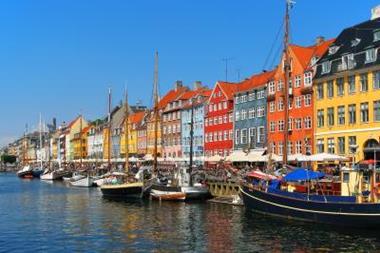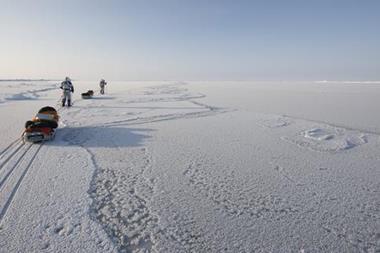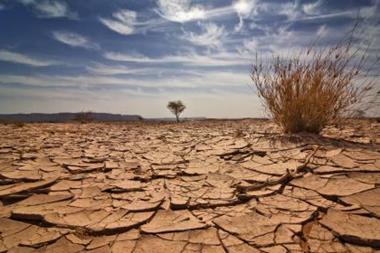What the papers said on the first day of the UN Climate Change Summit
Hope for emissions deal in Copenhagen
192 countries kicked off negotiations toward a long-term climate-change agreement in Copenhagen on Monday (December 7), reported the Toronto Star. "This is our chance. If we miss it, it could take years before we get a new and better one, if we ever do," said Connie Hedegaard, president of the climate conference and Denmark's former environment minister.
EPA says it will use powers to curb emissions
To coincide with the Copenhagen summit, the Environment Protection Agency (EPA) announced that it would not hesitate to use legislation to regulate pollution and emissions, reported the Seattle Environmental Policy Examiner. The EPA concluded that carbon dioxide and five other greenhouse gases are a threat to public health. As such, the six substances can be subject to regulation under the Clean Air Act.
Copenhagen summit welcomes US emissions curbs
UN and EU officials have welcomed the US declaration that greenhouse gases are threatening to human health. An EU spokesman said the announcement showed "a degree of resolve" on the part of President Barack Obama to address climate change, reported the BBC.
Europe Should Pledge Steeper Cuts in Emissions
Europe’s environment commissioner, Stavros Dimas, called on the EU to pledge to cut greenhouse gas emissions by 30 % from 1990 levels to demonstrate leadership, reported the New York Times. EU member states insisted that such a pledge is conditional on commitments by the US and other countries, like China, to do more to control their emissions. Last year, EU countries agreed to cut emissions by a lesser amount, by 20 %, by the end of the next decade.
Hacked email climate scientists receive death threats
Leading global warming scientists who had their private emails hacked have received death threats from climate change sceptics, reported the Guardian. The scandal broke when hundreds of messages between scientists at the Climatic Research Unit were posted onto websites. Since then, segments of the messages have been used by skeptics to deny the scientific case for climate change caused by human greenhouse gas emissions.




















No comments yet